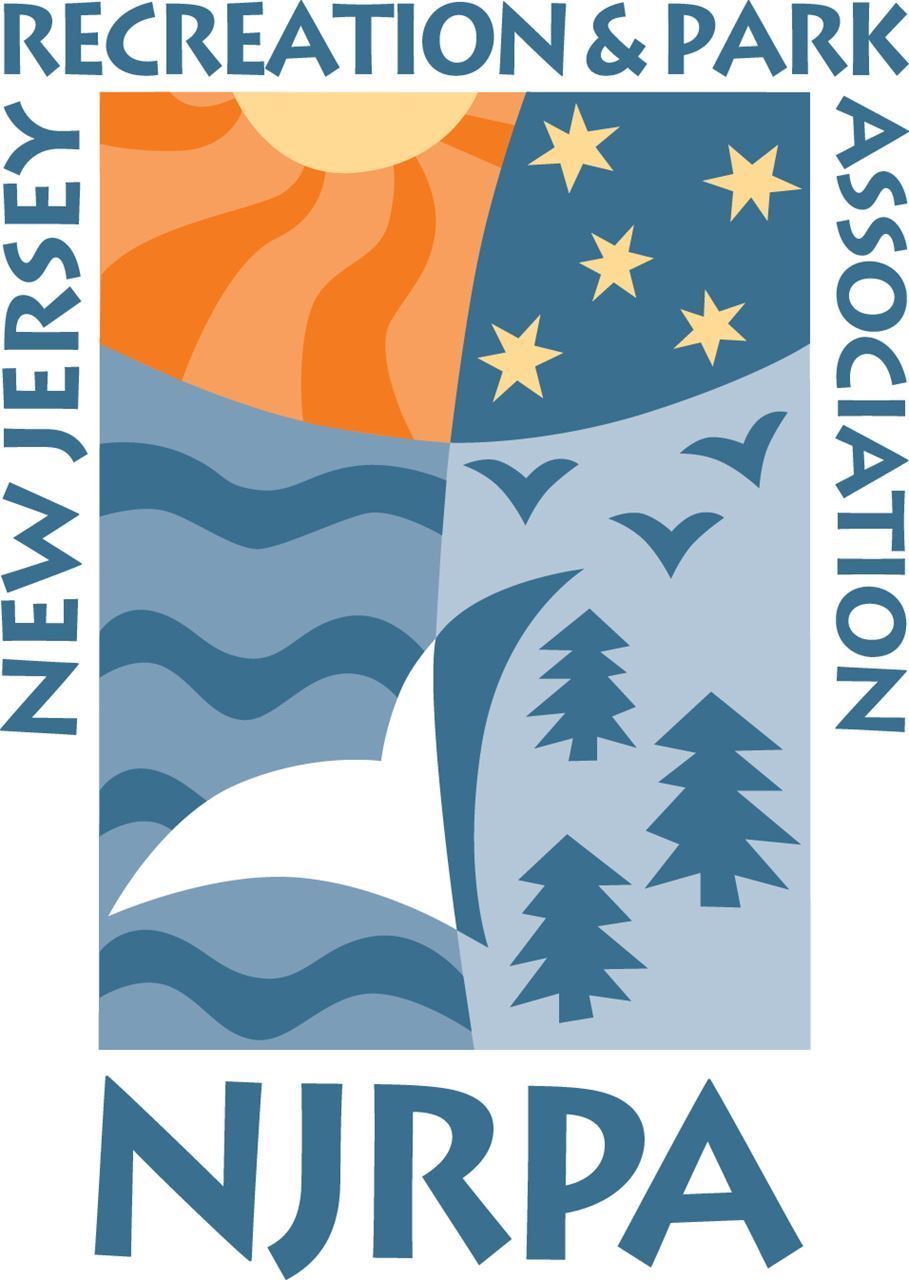Court Approves Green-Acres Swap to House Carousel in Seaside Heights
Tom Johnson in NJ Spotlight| July 31, 2018
A state appeals court yesterday upheld a disputed deal that transferred 1.37 acres of municipally owned beach property in Seaside Heights to the owner of a local pier to allow it to be rebuilt following Hurricane Sandy.
The transaction allowed the borough to obtain and preserve a historic wooden carousel and acquire a 67-acre tract in Toms River adjacent to a park in exchange for the sliver of beach owned by the municipality.
The case is the latest in which Green Acres-protected property has been disposed to promote other interests - in this case, parts of a public beach at one of the more popular tourist attractions at the Jersey Shore traded to a private developer.
As it happens, the developer, AFMV, went ahead and rebuilt the portion of the damaged pier at its own risk as the case was litigated. The pier has reopened with new amusement rides on the contested sliver of beach.
The transaction had been challenged by the American Littoral Society, the New Jersey Conservation Foundation, and two local residents and consolidated into one appeal by the court. The latter portion of the case was dismissed on a technicality
Essentially, the conservation groups contested actions by the state Department of Environmental Protection and State House Commission in approving the deal, arguing they lacked authority to do so under Green Acres statute and regulations and failed to consider common-law public trust doctrine.
"We don't like to see Green Acres land, which is supposed to be protected and preserved, to be diverted into private hands,'' particularly public beaches, said Andrew Provence, an attorney for the conservationists. "It's the best type of parkland we have. Here, in this case it was traded.''
In a 35-page decision, the court said it found no merit in the appellants' argument. "We are limited to deciding whether the agency's decisions are lawful; it is not our role to second-guess the wisdom of [the] agency's policy choices,'' the court found.
The court, however, did modify one aspect of the State House Commission's decision, ruling that the carousel be built in a museum on a boardwalk-fronting parcel owned by the developer to ensure public access to it. That ensures the transaction involves replacement land in transfers, not just personal property, to comply with state law.
The historic carousel, one of only four wooden carousels remaining in New Jersey, was cited by the DEP as the "determining factor'' in its decision to approve the transfer. Described as an "irreplaceable historic asset'' by the agency, it features wooden animals carved between the 1890s and 1910s during the golden age of carousels.
The conservation groups argued the DEP and the SHC acted beyond their authority because their acquisition of personal property to be housed indoors is beyond the mandate of the commission's and department's Green Acres program.
The court found otherwise, noting the Garden State Preservation Trust Act authorizes the use of land to preserve historic properties, including historic objects. The court also contended the public will continue to have ample beach access on the borough's remaining 33 acres of publicly owned beach.



